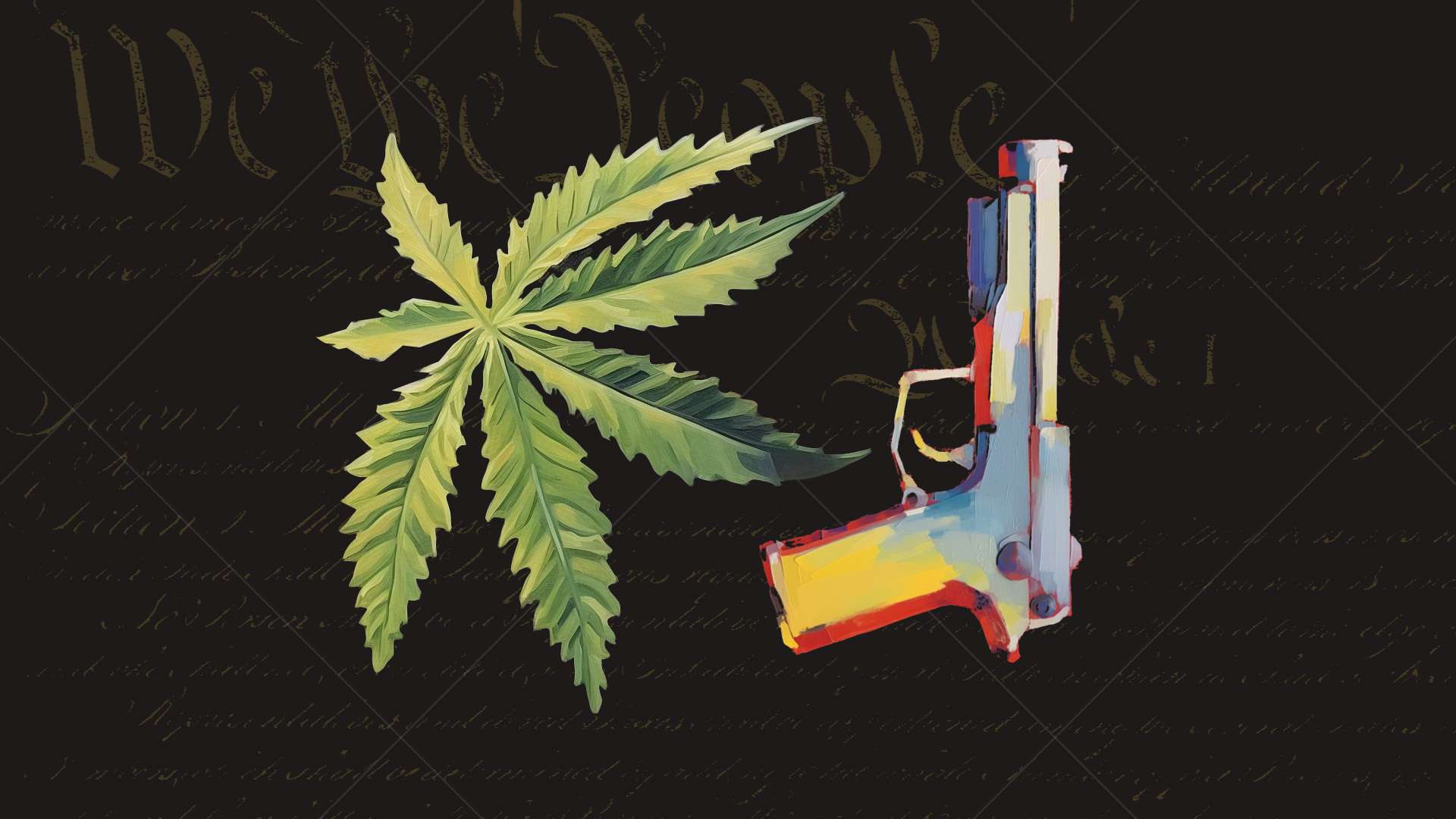In 2017, Honolulu’s police chief backed out of a plan to confiscate firearms from residents who use medical marijuana, a practice allowed in Hawaii since 2000. However, law enforcement agencies in Hawaii still deny gun permits to applicants with state-issued medical marijuana cards. This was cited as the most common reason for permit denials in a recent report from the state attorney general’s office.
Under federal law, it is a felony for any unlawful user of a controlled substance to possess a firearm. Hawaii law also prohibits firearm ownership for those prohibited from possessing a firearm under federal law.
The attorney general’s report highlighted an inconsistency between Hawaii County and the state’s other major counties in gun permit denials. The Hawaii County Police Chief discovered that the county had stricter policies regarding medical marijuana cardholders compared to other counties.
Following this discovery, Hawaii County aligned its policy with the other counties, allowing gun permits for residents who were once registered as medical marijuana patients but had not held active cards in the previous year.
This policy in Hawaii raises questions about the denial of constitutional rights based on arbitrary reasons unrelated to public safety. The Biden administration has defended this policy, despite concerns about barriers to marijuana reform.
In 2016, the U.S. Court of Appeals for the 9th Circuit upheld the ban on gun sales to individuals with medical marijuana cards, citing concerns about illegal drug use and its association with violence. However, in a recent Supreme Court decision, the court rejected balancing tests and emphasized the presumption of protecting individual conduct under the Second Amendment.
The Hawaii Supreme Court has also rejected the idea of an individual right to arms, citing the ‘Aloha Spirit.’ Since the New York State Rifle & Pistol Association v. Bruen decision, federal courts have questioned the constitutionality of prosecuting marijuana users for possessing firearms.
Overall, the issue of gun permits and medical marijuana use in Hawaii reflects broader debates about constitutional rights and drug policy in the United States.
This month, a federal judge in Delaware refused to dismiss federal gun charges against Hunter Biden, the president’s son, citing the 5th Circuit’s decision. Hunter Biden argued that the policy his father supports violates the Second Amendment.
The 8th Circuit rejected the argument that Section 922(g)(3) is unconstitutional on its face but questioned the historical precedent cited by the Justice Department. The court acknowledged that not every drug user poses a danger with a firearm, such as an elderly grandmother using marijuana for medical reasons.
In Hawaii, individuals like the grandmother mentioned would be unable to obtain a gun permit due to conflicting state and federal laws regarding marijuana use. In states where marijuana is legal for both medical and recreational use, individuals could face federal felonies for buying a gun while using marijuana.
The hypothetical grandmother in the 8th Circuit’s case could potentially face up to 45 years in prison for trying to exercise her Second Amendment rights. The situation raises questions about the logic of current laws, with Hunter Biden expressing disagreement with his father on the issue.
Source link





